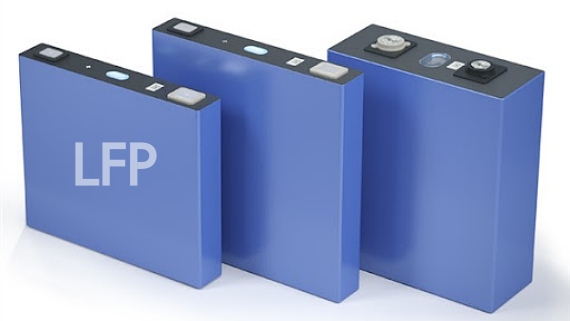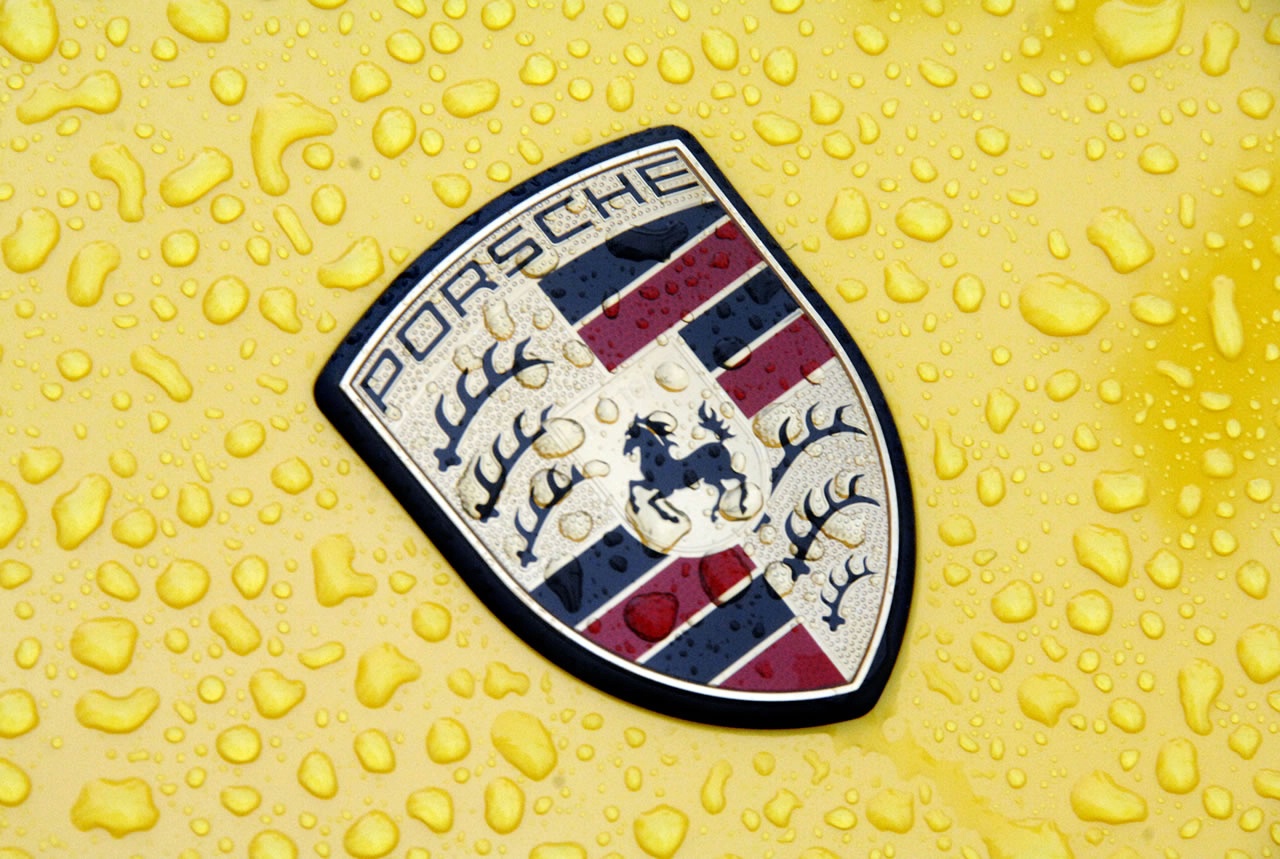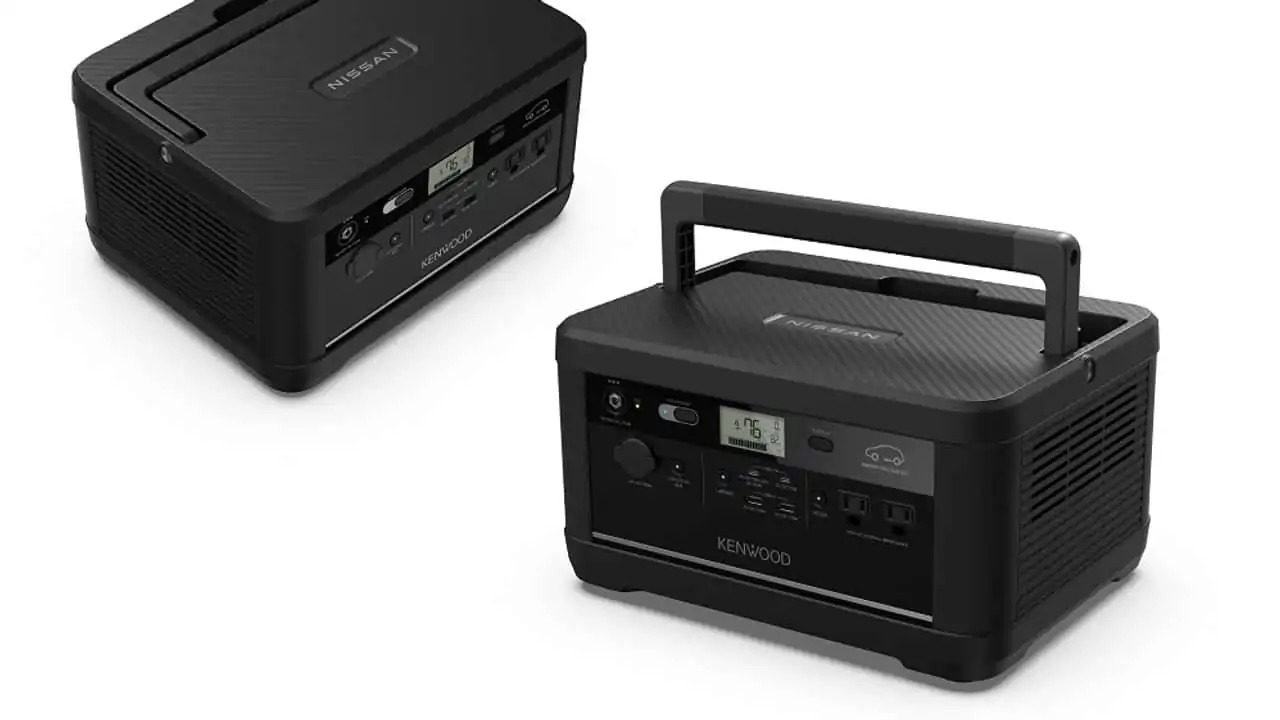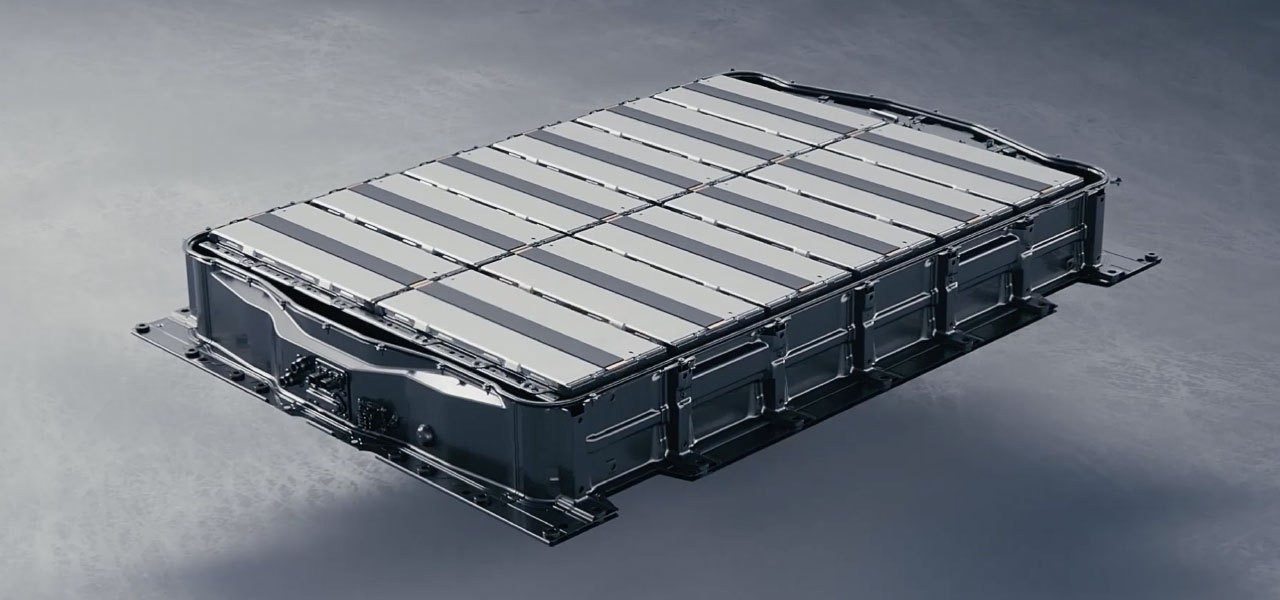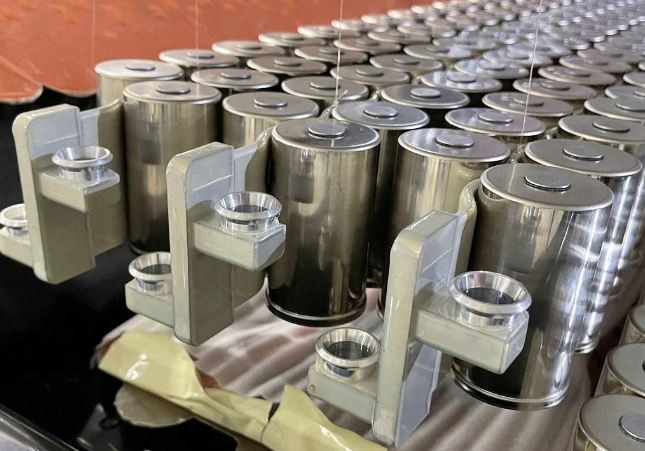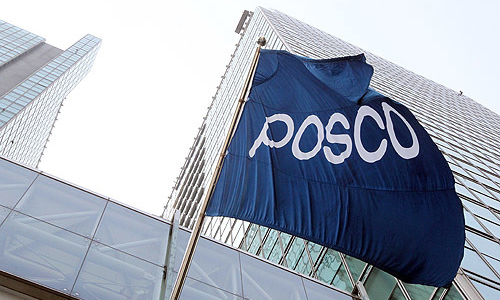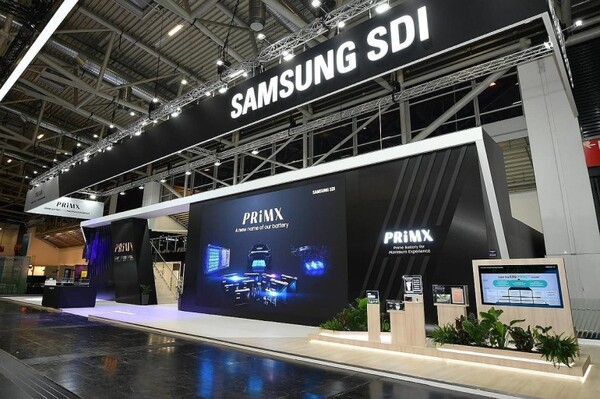Korean battery materials companies are intensifying efforts to develop cathode materials for low-cost lithium iron phosphate (LFP) batteries, aiming to challenge China’s dominant position in the market. Industry sources have revealed that Korean firms are setting their sights on volume production of LFP battery cathode materials by 2026, with a concerted push to expedite development processes.
Ecopro BM has established a dedicated LFP team at its R&D headquarters, with ambitions to achieve mass production of LFP battery cathode materials by 2025. LFP batteries, which employ iron instead of cobalt, offer cost-efficiency and stability advantages. However, further enhancements in areas like electrical conductivity are sought, prompting the company’s focus on developing next-generation products with improved performance.
See also: SAIC Motor Boosts EV Strategy in Europe, Plans New Production Facility Overseas
POSCO Future M, on the other hand, has reached the laboratory-level sample stage in LFP cathode material development. The company is targeting the creation of a prototype by year-end. In the event of potential delays in its development schedule, POSCO Future M is contemplating the establishment of a joint venture with a partner possessing LFP technology. Reportedly, the firm’s corporate clientele has already initiated discussions regarding the supply of cathode materials for LFPs.
LG Chem is directing its efforts towards the development of lithium manganese iron phosphate (LMFP) anode materials, which incorporate manganese into LFP cathode materials. The goal is to commence volume production in 2026. Notably, LG Chem envisions addressing the mass market by introducing high-voltage mid-nickel and manganese-rich products alongside LMFPs, with production targets set for 2026 and 2027, respectively.
The rush by Korean battery manufacturers to penetrate the LFP cathode material market is driven by the evolving landscape of the electric vehicle market, which is expanding from premium to entry-level models. The market is witnessing growth as automakers prioritize price competitiveness by adopting LFP batteries in their entry-level vehicle offerings.
See also: Chinese LFP Batteries Flood Korean Market, Raising Recycling Concerns
The recent U.S. Inflation Reduction Act (IRA) has also played a role in this shift. Chinese companies such as CATL and BYD have maintained a stronghold on the LFP battery market with competitively priced LFP batteries, controlling over 95 percent of the global LFP battery market, as per market research firm SNE Research.
However, with the United States aiming to reduce its reliance on Chinese suppliers, Korean companies are experiencing a surge in inquiries regarding the supply of LFP cathodes. As a result, Korean firms find themselves compelled to intensify their endeavors to diversify their product portfolios.

